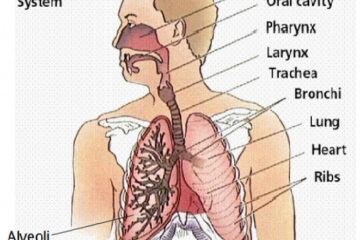Human Respiratory System
Human Respiratory System The human respiratory system is a highly specialized and intricate network of organs and structures that ensures the body gets the oxygen it needs and expels carbon dioxide, which is a byproduct of metabolism. Let’s dive into each part of the respiratory system in more detail. 2. Read more…









